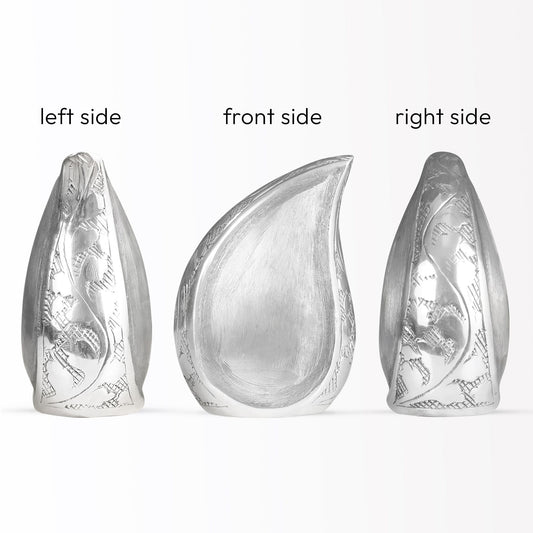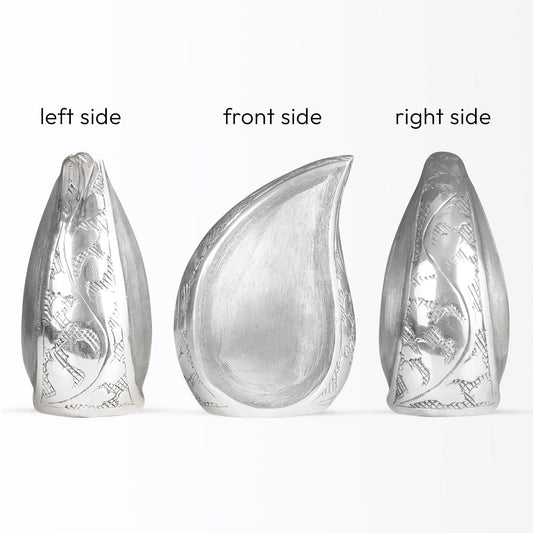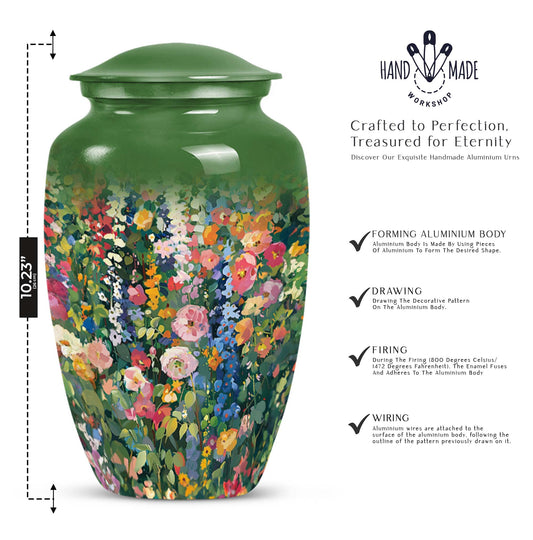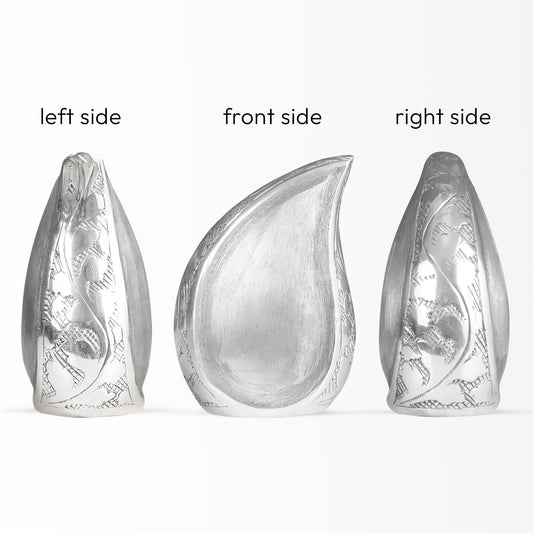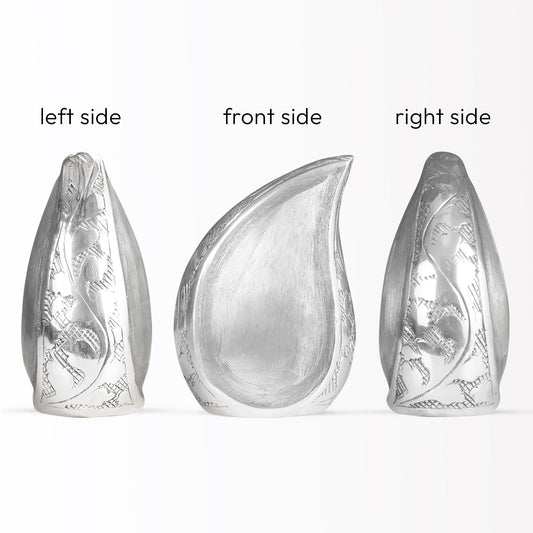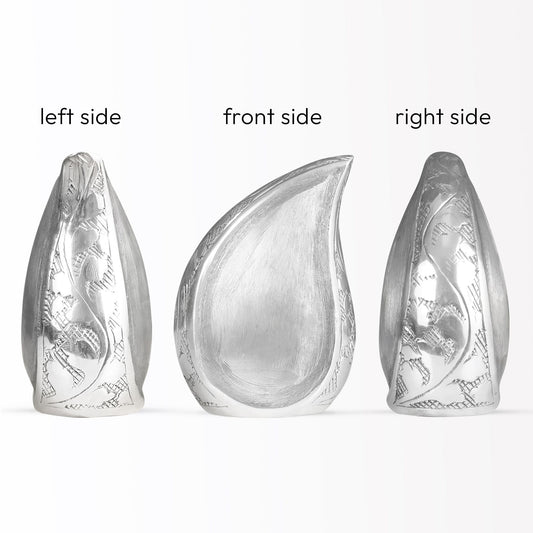Popular Urns
Dealing With Loneliness After A Partner's Loss

No better calamity than death is compared with the loss of a loved partner to go through life's time with emptiness. Lonely feelings would haunt one because loneliness follows when the regular things shared every day lose significance, and what remain would be silence and long desire. Grieving is one process, but dealing with loneliness that results needs proper strategies to facilitate healing, rediscovery of meaning.

It is overwhelming, first of all, not to have a partner because their presence is sewn into almost every part of life. The quiet mornings, the empty dinner tables, and the unshared laughter all serve as poignant reminders of the absence of a partner. Sometimes this can lead to isolation, especially if friends and family do not know how to be supportive and therefore take a step back. It's the right way to begin from such a loss with the help of grief counseling or support groups to discover a safe environment for the articulation of these emotions and bond with people who understand this peculiar pain.
In coming out of loneliness so very intimately associated with loss, forming a new routine becomes all the more crucial. It's easy to slide back into familiar surroundings, but stepping out of your comfort zone can lead to great transformation.
Join in on community activities, seek out hobbies, or begin volunteering to connect with others and find a belonging. A book club can be an exciting endeavor as can gardening or exploring such creative outlets as painting and writing to fill hours.

On the other hand, keeping alive and nurturing relationships are essential. It does not matter how painful it may be for one to contact friends and loved ones, and at certain times, this can create a renewed relationship as well as emotional support. Being in regular touch over phones, visits, or similar activites will rekindle a social network which deters isolation feelings. He or she must also maintain open communication regarding their requirements. Loved ones may not know how to offer support, but a simple conversation can bridge the gap.
Of course, self-care is another important foundation from which to overcome loneliness. This encompasses the nurturing of the physical self-things such as exercise, good food, and restful sleep. Of the three, exercise has been particularly helpful in lifting moods and reducing stress, thus serving as a natural remedy for feelings of hopelessness. Mindfulness practices such as meditation or yoga may prove helpful in anchoring one's mind to the present moment, calming emotions while keeping one focused on the task of overcoming turbulent times.

Healing is not linear; that is, it does not necessarily move forward in time, and there is no given amount of time to 'get over' the relationship. Some days will feel more difficult than others and sadness will sometimes come like a surprise. It's a good idea to learn how to grieve, as well, without judging. And it is completely healthy to celebrate the memories and love one has shared with a partner for comfort. Creating a memory box, writing letters to the departed, or planting a tree in their name can be meaningful ways in which their spirit may remain alive.
Finally, while loneliness after the death of a partner is extremely painful, it's also a chance for growth and self-discovery. The possibility to open up, experience new things, and remember the past may give the possibility of finding one's way back to healing and re-connection with the world step-by-step.


















